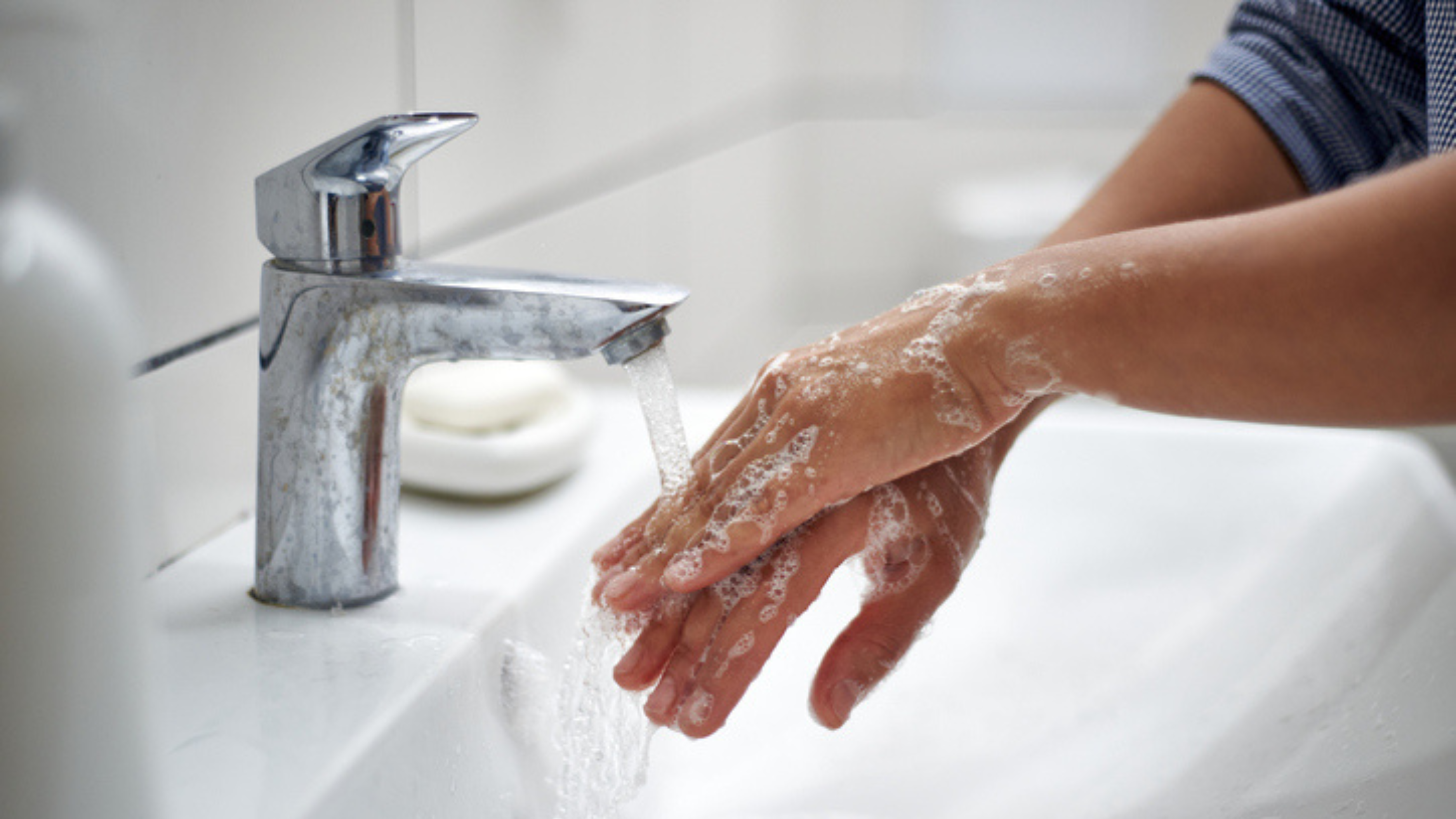
For Immediate Release
Southwest Nebraska Public Health Department (SWNPHD) encourages everyone to take a moment to review their handwashing habits. Keeping hands clean is one of the most effective ways to stay healthy and prevent the spread of germs and illness. SWNPHD provides handwashing demonstrations to around 10 to 12 schools per year to provide education and help lower the number of students missing school due to illness.
According to the Centers for Disease Control and Prevention (CDC), many diseases and conditions are spread simply because people don’t wash their hands correctly or frequently enough. Taking time to wash your hands the right way can help protect you, your family, and your community.
“Handwashing is such a simple action that can have a big impact,” said Paula Wimer, Program Manager at SWNPHD. “Whether you’re at home, work, or school, washing your hands regularly helps stop the spread of germs and keeps everyone healthier.”
When Should You Wash Your Hands?
Hands should be washed any time they are visibly dirty and in these situations:
- Before, during, and after preparing food
- Before and after eating
- Before and after caring for someone who is sick
- Before and after treating a cut or wound
- After using the restroom
- After blowing your nose, coughing, or sneezing
- After touching animals, pet food, or waste
- After handling garbage
How to Wash Your Hands the Right Way
- Wet hands with warm, clean water and apply soap.
- Lather and scrub all parts of your hands — palms, backs, between fingers, and under nails.
- Scrub for at least 20 seconds — humming the “Happy Birthday” song twice is a great timer!
- Rinse thoroughly under clean, warm running water.
- Dry hands with a clean towel — and use it to turn off the faucet.
If soap and water are not available, use an alcohol-based hand sanitizer containing at least 60% alcohol. However, remember that sanitizers are not as effective when hands are visibly dirty or greasy.
“Clean hands are a simple, powerful way to stay healthy — especially during cold and flu season,” continued Wimer. “A few extra seconds at the sink can make a big difference in preventing illness and protecting the health of your loved ones.”
For free handwashing stickers or more information or to schedule a handwashing demonstration, contact Paula at 308-345-4223. Southwest Nebraska Public Health Department serves Chase, Dundy, Frontier, Furnas, Hayes, Hitchcock, Keith, Perkins, and Red Willow counties. You can follow us on Facebook, Instagram, YouTube, or view the website at www.swhealth.ne.gov, which contains many resources and additional information helpful to prevent disease, promote, and protect health.




